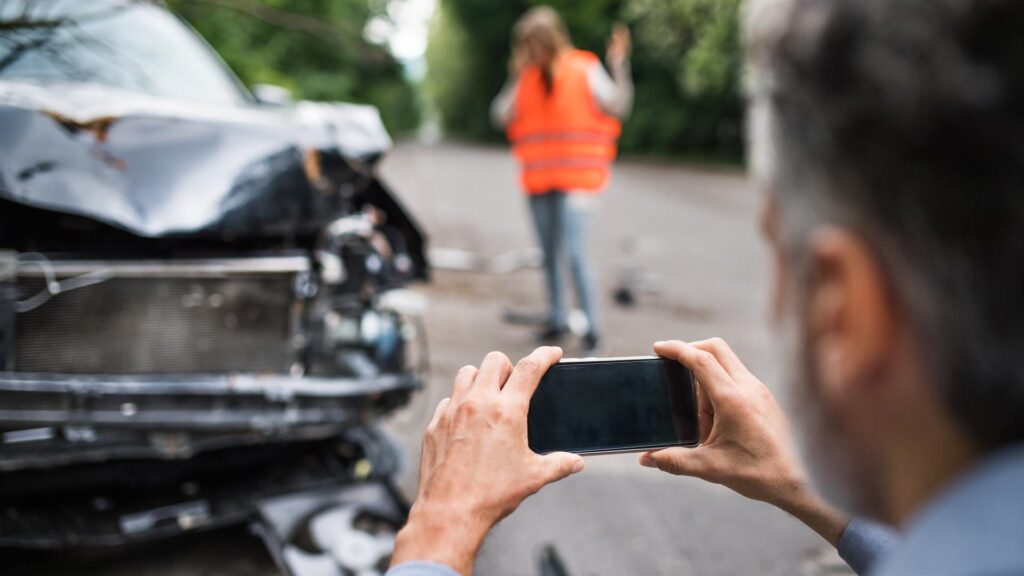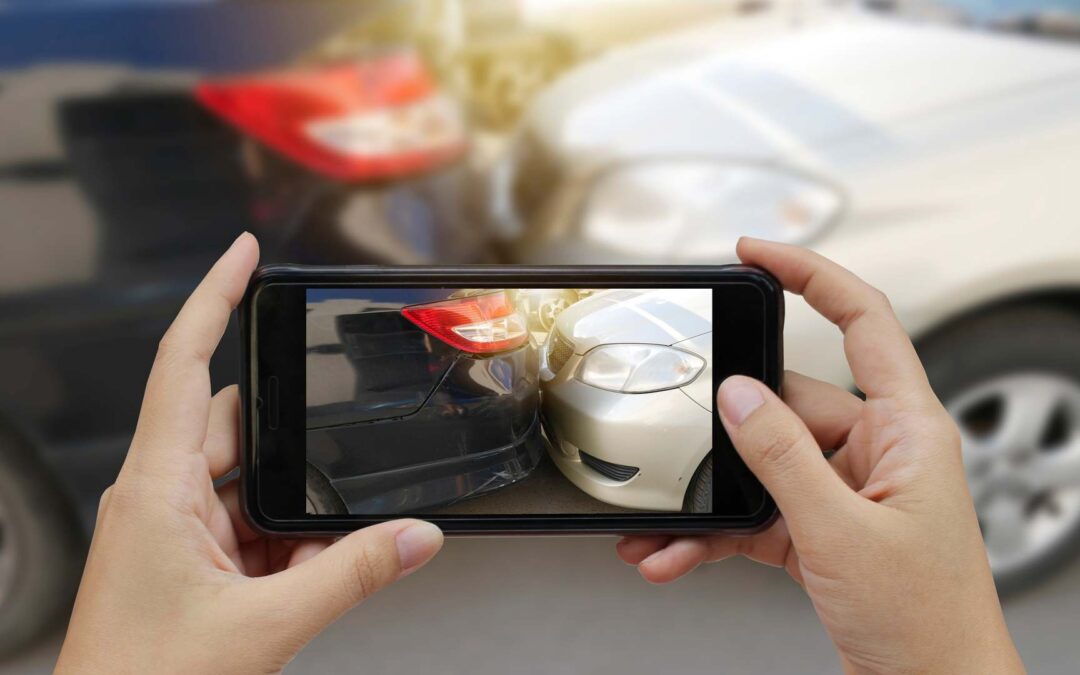When you’re involved in a car accident or suffer an injury, the last thing on your mind is preserving evidence. However, it’s a crucial step in building a strong personal injury case. In Georgia, preserving evidence can make all the difference in securing fair compensation for your injuries. In this blog post, we’ll explore the importance of preserving evidence, the types of evidence to preserve, and how to go about doing it. As always, if you have any questions, our attorneys at Rebecca Kay Sapp Law Firm are always here to help.
Why Preserve Evidence After A Car Accident?
Preserving evidence is essential in personal injury cases because it helps establish the facts of the case. Evidence can prove liability, damages, and causation, which are the three essential elements of a personal injury claim. Without evidence, it’s challenging to build a strong case, and you may struggle to get the compensation you deserve.
Types of Evidence to Preserve
There are various types of evidence that you should preserve in a personal injury case. These include:
Physical Evidence
Physical evidence refers to tangible objects related to the accident or injury. Examples include:
- The vehicle involved in the accident
- Broken glass, torn metal, or other debris
- Clothing and shoes worn at the time of the accident
- Medical devices, such as casts or splints
- Any other objects related to the accident
Documentary Evidence
Documentary evidence includes written or printed records related to the accident and your injuries. Examples include:
- Police reports and incident reports
- Medical records and bills
- Witness statements and contact information
- Photos and videos of the accident scene and your injuries
- Repair estimates and invoices for damaged property
Digital Evidence
Digital evidence includes electronic records and data related to the accident and your injuries. Examples include:
- Social media posts and messages
- Text messages and emails
- GPS data and location information
- Security footage and surveillance videos
- Electronic medical records and medical imaging
Witness Statements
Witness statements are crucial in personal injury cases. Witnesses can provide an objective account of the accident and help establish liability. Make sure to get the contact information of witnesses and take a statement as soon as possible.

How to Preserve Evidence
Preserving evidence requires careful planning and attention to detail. Here are some steps to follow:
Secure the Scene Of The Accident
If possible, secure the accident scene to prevent evidence from being destroyed or tampered with. This includes:
- Taking photos and videos of the scene
- Preserving physical evidence, such as debris or broken glass
- Identifying and speaking with witnesses
Gather Documents
Gather all relevant documents related to the accident and your injuries. This includes:
- Medical records and bills
- Police reports and incident reports
- Witness statements and contact information
- Photos and videos of the accident scene and your injuries
Store Evidence Properly
Store evidence in a safe and secure location to prevent damage or destruction. This includes:
- Keeping physical evidence in a secure location, such as a locked storage unit
- Scanning and storing documents electronically
- Creating a backup of digital evidence
Consult with an Attorney At Rebecca Kay Sapp Law Firm
Consulting with an experienced personal injury attorney at our firm can help ensure that you preserve all relevant evidence. We provide free consultations on all cases. Our attorneys can also help you build a strong case and negotiate with insurance companies.
Conclusion
Preserving evidence is crucial in personal injury cases in Georgia. By understanding the types of evidence to preserve and how to go about doing it, you can build a strong case and secure fair compensation for your injuries. Remember to act quickly, as evidence can be destroyed or lost over time. Consult with an experienced personal injury attorney to ensure that you have the best possible chance of success.
Additional Resources
- Georgia Code: O.C.G.A. § 24-1-1 et seq. (Rules of Evidence)
- Georgia Courts: Georgia Supreme Court and Court of Appeals decisions on evidence preservation
- American Bar Association: Resources on evidence preservation in personal injury cases
Note: This blog post is for informational purposes only and should not be considered legal advice. Consult with an experienced personal injury attorney at Rebecca Kay Sapp Law Firm for specific guidance on your case. We offer free consultations to take the first step in getting the compensation you deserve.

